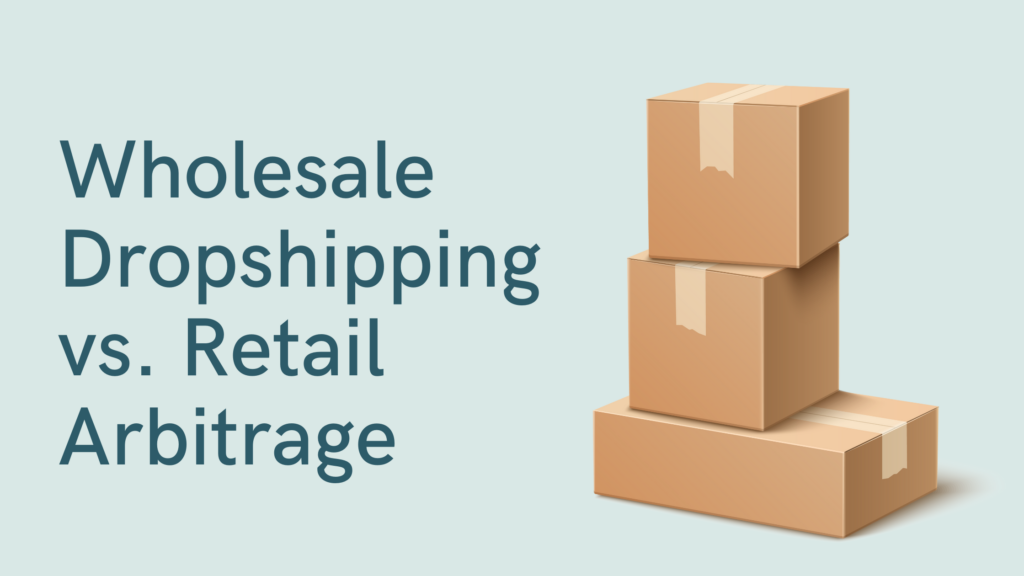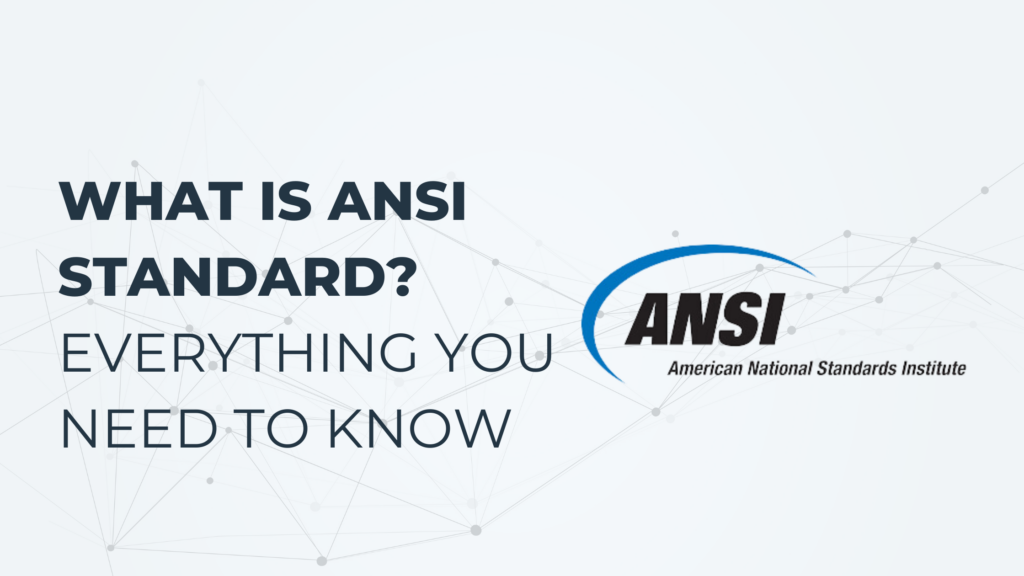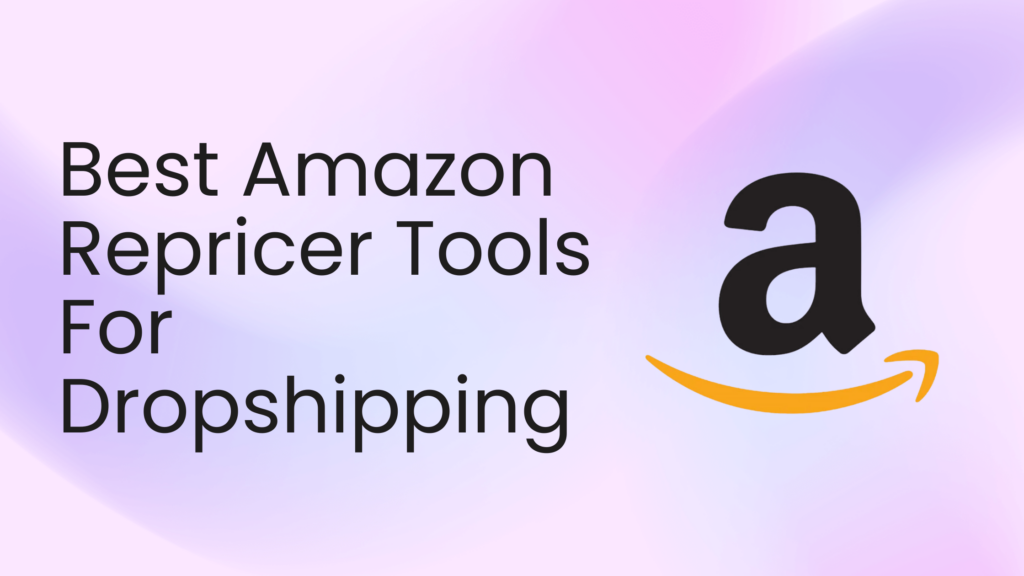Wholesale Dropshipping vs. Retail Arbitrage
In order to be able to compare utilizing retail arbitrage versus dropshipping as an ecommerce strategy, you first must fully understand how these processes work.
In this article, we will break down the scenarios and processes behind how these two strategies operate as well as how to decide which might be best for your business.
What Is Retail Arbitrage?
For those who are new to the ecommerce realm, you may have heard of the term “retail arbitrage”.
Arbitrage can be defined as any scenario in which you can make a profit reselling a good through a different channel with no added value.
Retail arbitrage sourcing is the process of identifying potentially profitable products from brick-and-mortar or online retail stores, purchasing the product, and then selling it for a profit through a different channel, such as Amazon or your own website.
The process can vary when you are sourcing from a brick and mortar vs. an online store in that through in-store retail arbitrage, you would be purchasing the product before selling it. When sourcing from an online store, you would only purchase the product once a customer purchases the product from your separate listing first. Below you will find a quick outline of each method’s steps.
For a traditional in-store arbitrage, sellers follow these steps:
- The seller identifies a product in a traditional retail store (Walgreens, Walmart, Home Depot, etc) and purchase it
- The seller sells the product through a different channel
- Seller makes a profit on the price mark-up
For online arbitrage Amazon, sellers follow these steps:
- The seller identifies a product online and lists it on their own website or public marketplace
- A customer purchases the product from the seller
- Seller purchases the product on behalf of the customer
- Original source fulfills the order to the customer
- Seller makes a profit on the price mark-up
The Benefits
With online retail arbitrage, there is virtually no initial investment or upfront costs required in order to start selling. If you do in-store retail arbitrage sourcing, the only upfront cost would be the purchasing of the product you would like to resell, but it’s nothing like purchasing wholesale items in bulk. And, you would recoup the costs and add profit as soon as you resell it.
With online retail arbitrage sourcing, you don’t even have to purchase the product initially. You can simply list the product you found online on your website or marketplace, and then purchase it on behalf of your customer through the original source after the customer buys it from you. You would pocket the profit made.
People who use traditional retail arbitrage as a selling technique often find their products at places like Walmart, Walgreens, Target, and Home Depot. These places are easy to access for most across the country, and with the right research, can lead to some cheap products that have high margin potential.
For online arbitrage amazon, you have the ability to quickly scour the web and compare pricing of products in a quicker manner leading to an efficient arbitrage business.
The Downside
With pros, there are always cons with a retail method no matter which path you choose. With retail arbitrage, one of the downsides is the time it takes to track down the great deals you can make a significant profit on. With the time it takes and the wide array of products in different niches you are selling, retail arbitrage may not be as sustainable of a business than one built around a brand.
Is Arbitrage Legal
Many people considering an ecommerce business wonder about the legality of arbitrage. Specifically, is arbitrage legal? The answer is yes, arbitrage is generally legal. However, there are important considerations to keep in mind to ensure that you operate within the law.
- Respect Trademarks and Branding – While buying and selling goods for profit is legal, you must be careful not to infringe on trademarks or sell counterfeit items. This is particularly important in online arbitrage on platforms like Amazon, where policies are strict to protect brand integrity.
- Adhere to Retail Policies – Some retailers and brands have specific policies against reselling their products. While it’s not illegal to resell these items, violating these policies can result in being banned from purchasing from those retailers or selling on certain platforms.
- Understand Tax Obligations – Whether engaging in online arbitrage on Amazon or retail arbitrage sourcing, you must understand and fulfill your tax obligations. This includes collecting sales tax and filing appropriate returns, as required by law.
Wholesale Dropshipping
You are most likely familiar with the term dropshipping. The primary difference between wholesale dropshipping and retail arbitrage is with wholesale dropshipping, you have a B2B relationship of purchasing products at a discounted price not available to the general public.
With wholesale dropshipping, you will hold an account with a wholesale dropship supplier. Oftentimes, you will connect with them using dropship software integrating through an API, EDI, etc. When a customer places an order on your store, the order then will get sent to your supplier (either manually or automatically) to be fulfilled.
Your supplier will then send out the order directly to your customer on your behalf. You will be charged the wholesale cost, and depending on the supplier, possible dropship and order fees. This could make this price more expensive than what the supplier would typically sell at “wholesale.” You will only pay once an order is placed, and this is where you make your profit.
The Benefits
Much like retail arbitrage, there is a low risk getting involved with the wholesale dropshipping business model. You don’t need a lot of upfront money to get started dropshipping at all.
Instead of having to house your own inventory, you only purchase a product when a customer places an order for that product. By not having to purchase bulk wholesale products for inventory, you now have the ability to offer more products on your online store. Dropship retailers can easily have access to thousands of products depending on the supplier, making even more opportunity for profitability.
Not only is there low cost involved and the ability to list more products, but you also have the benefit of a flexible schedule and free up time when dropshipping. Since you are not the one who is actually fulfilling the orders you receive, this can save you precious time that you can focus elsewhere—such as marketing. You also have the capability to work from practically anywhere since all of your business operations are online.
Also something to consider is, with retail arbitrage, you will not be working with a wholesale supplier, so there are no incentives with it comes to accessing pricing discounts or dealer specials. You will not be offering anything special to your customer since they have access to the same product at the same price that you do.
With wholesale dropshipping, you will have the added benefits of the potential long-lasting wholesale supplier relationship that can allow you to offer your customers added discounts and increase your profit margin as your sales volume increases. You will also have access to new products as soon as they become available with your supplier thanks to dropship automation solutions.
The Downside
With wholesale dropshipping, one of the downsides is that there is less of a variety of inventory to choose from as you are limited to the products your wholesale supplier carries. Also, product data can be incomplete from your wholesale suppliers as with online retail arbitrage, you can scrape from the retail site to pull their information. Additionally, the wholesale dropship supply chain is less formalized and reliable than the retailers’ supply chain who are used to shipping orders quickly (2 day shipping, such as with Amazon Prime).
Is Dropshipping or Retail Arbitrage Better?
It’s not really possible to answer this question because the answer solely relies on what is most important for your business and your goals.
We have weighed the pros and cons above, and with that, we can come to this conclusion. Retail arbitrage makes it easier to get up and running making a profit, but it has less long-term stability. Wholesale dropshipping can take more time and effort to start running a profitable business, but it allows for a more sustainable business in the future.





